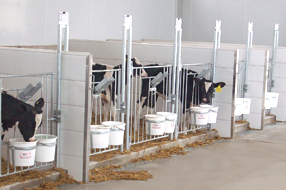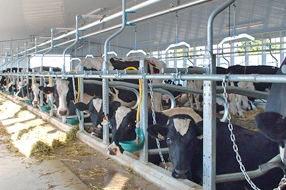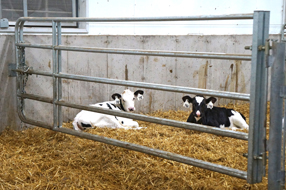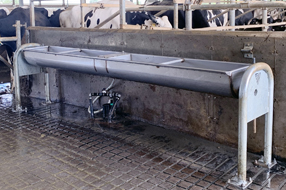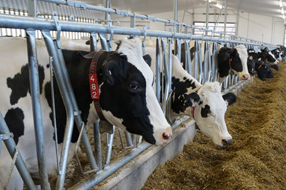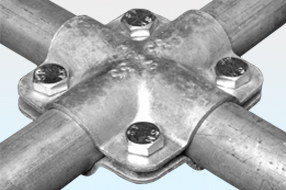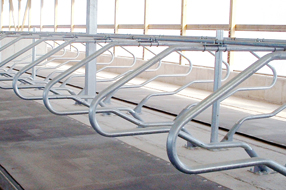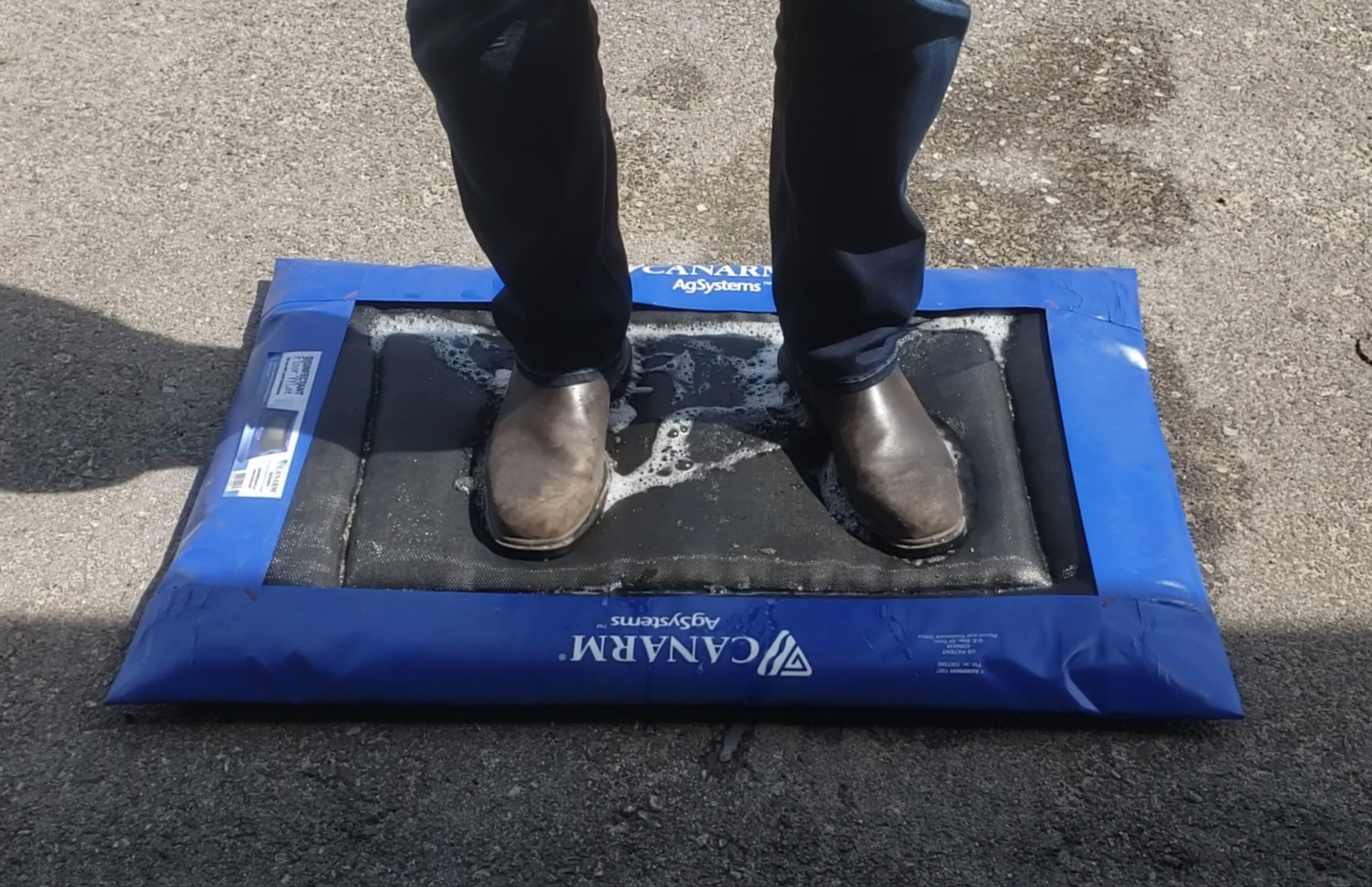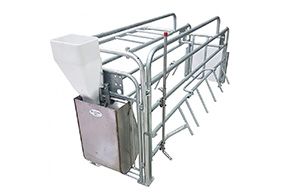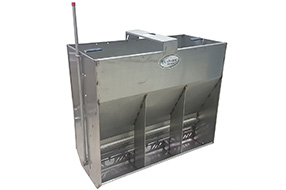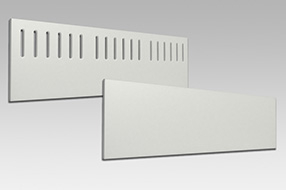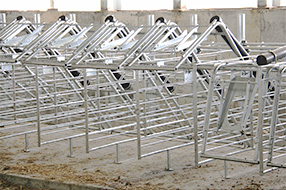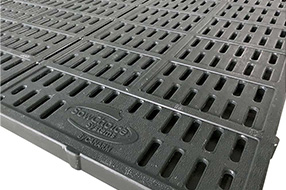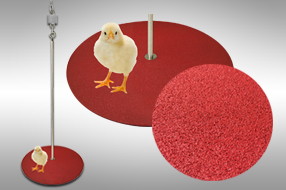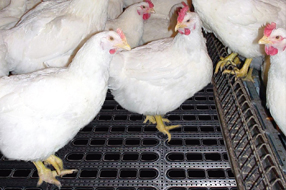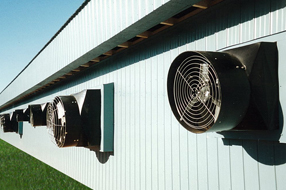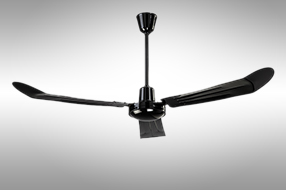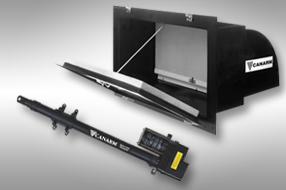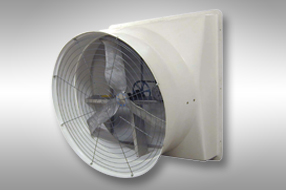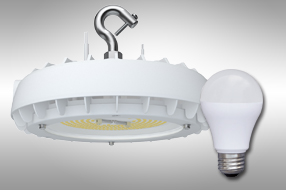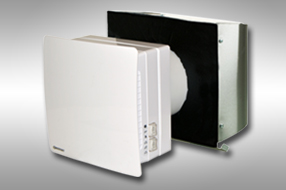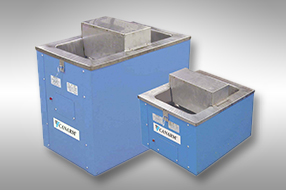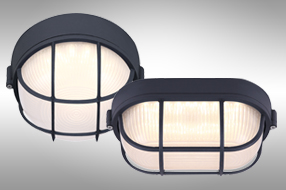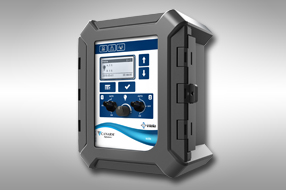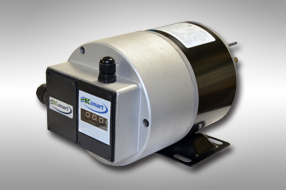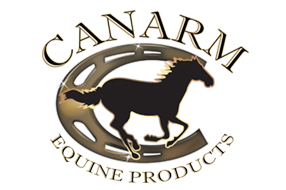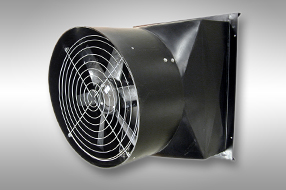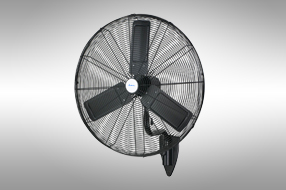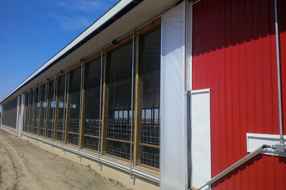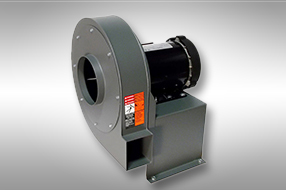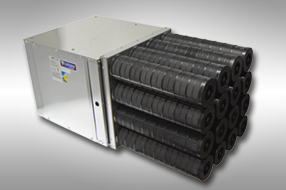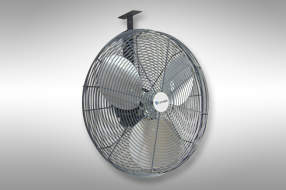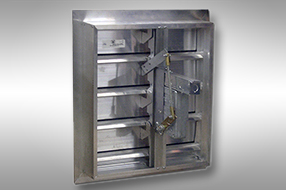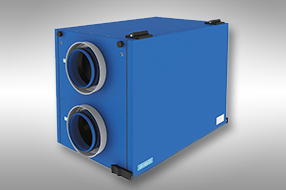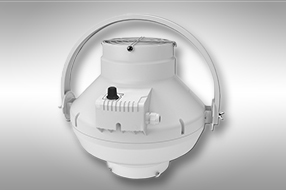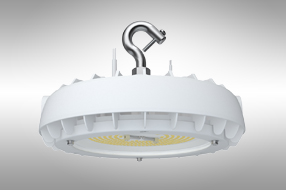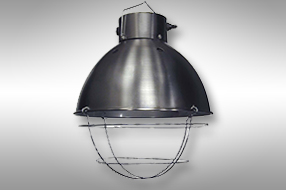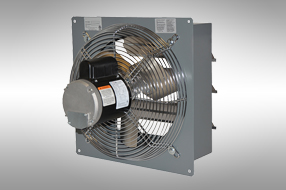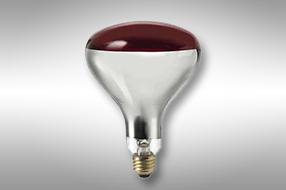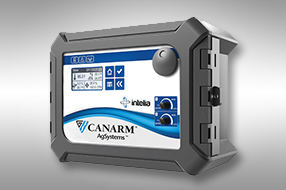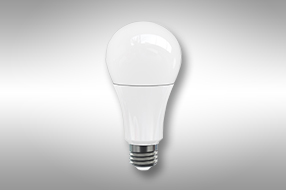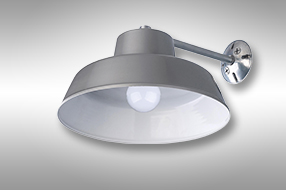Equine Water Needs
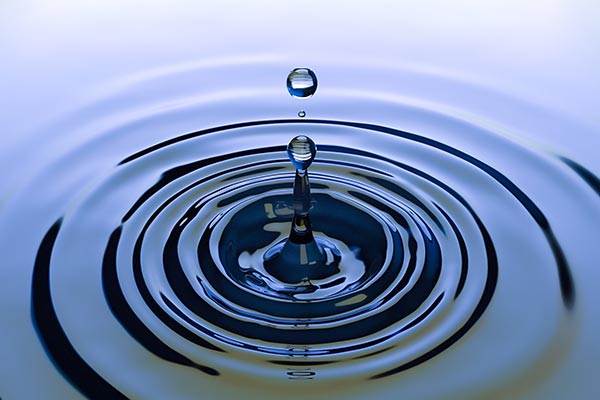
A horse’s body weight is made up of 50% water, so it’s not surprising that one of the most critical elements in the maintenance of your horses’ health is a readily available supply of clean, fresh water.
Typically, a horse at rest will drink approximately 2 litres of water for every 50 kg of body weight - about 20 litres for the average horse. Canarm offers a range of waterer options to suit a single horse stall or an entire barn.
The Role of Water to a Horse
Water is an essential nutrient required for a variety of bodily functions. Water helps maintain a good appetite, helps in the digestion of food, assures the proper moisture level in the horse’s manure to prevent constipation, acts as the body’s built in cooling system by regulating body heat through sweating, and maintains the blood volume of the horse.
Effects of Dehydration
Dehydration occurs from insufficient water intake or from excessive water loss. Water loss can occur through diarrhea, sweating, exercise, and even breathing. It can cause restricted circulation, muscle cramps, colic and overall decreased performance. In foals, dehydration can lead to a fever which leaves them weakened and susceptible to bacterial infections like pneumonia.
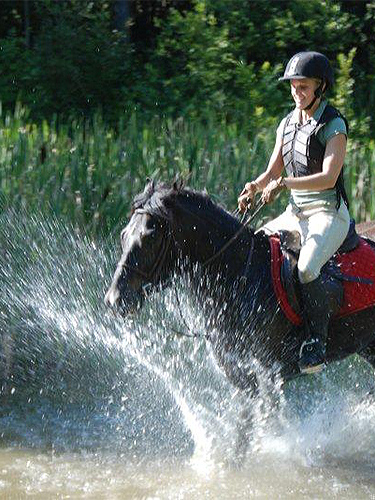
Water Requirements for your Horse
Water requirements for your horse change throughout the year. Typically, a 1000 pound horse requires a minimum of 38 to 45 litres of water a day. In hot weather when sweating occurs, a working horse can consume up to 70 litres a day! Increased sweating means an increase in electrolyte needs.
Higher water amounts in the gut are critical in the prevention of dehydration and compaction, which can lead to colic.
Factors affecting water requirements:
- Environmental Conditions (Time of day, climate, temperature)
- Animal condition and weight
- Activity level/workload
- Diet
- Reproductive status
Benefits of Livestock Waterers
Reduction of Health Risks in Cold Temperatures
Horses may reduce their water consumption in very cold temperatures, so they may not have sufficient water in their digestive tract to assist in the digestion of dry feed. This makes them much more susceptible to impaction colic. Additionally, drinking very cold water may also trigger colic symptoms as well as lower their body temperature.
Horses can be picky animals and may refuse to drink if the temperature of the water changes. With our heated livestock waterers and electric waterers, this temperature remains constant throughout the year.
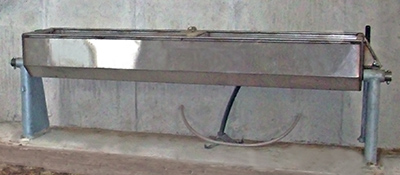
Stainless Steel Troughs Harbour Less Bacteria
Recent studies have shown that bacterial survival rate is lowest on stainless steel, as compared to plastic, galvanized steel or concrete surfaces, making Canarm’s water troughs a healthy choice to keep your horse hydrated.
Convenience in Cold Temperatures
A bucket of water can quickly freeze in cold temperatures and leave your horse thirsty. Canarm heated livestock waterers ensure that the water remains the pre-set temperature that your horse prefers. Water temperatures should be kept between 45 and 65 degrees F.


